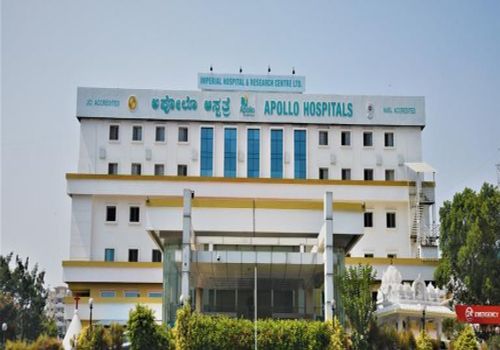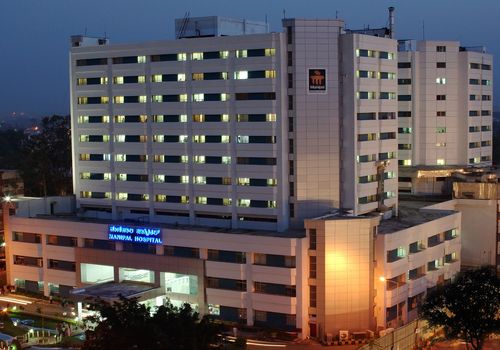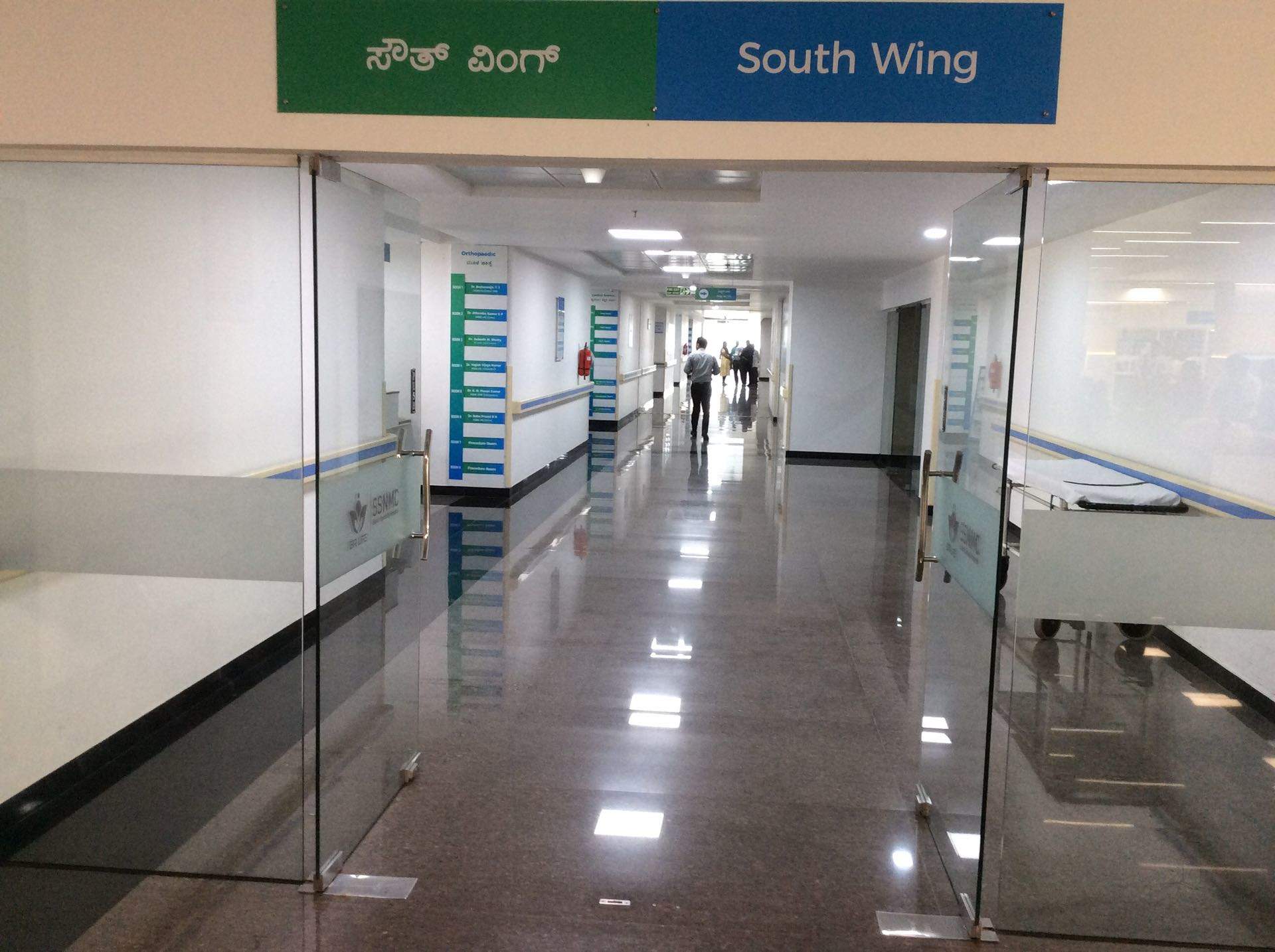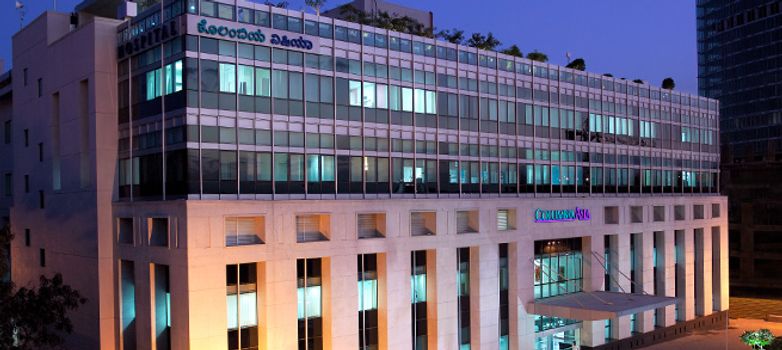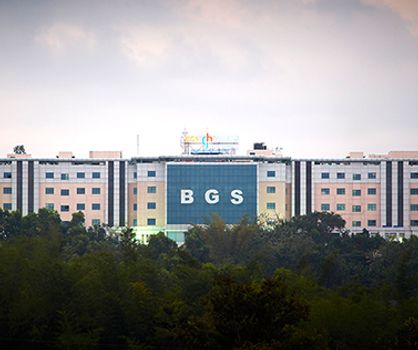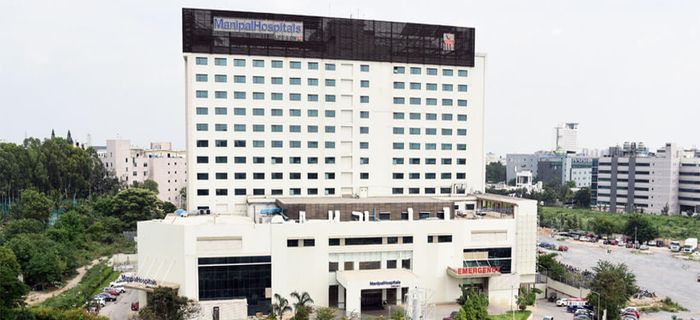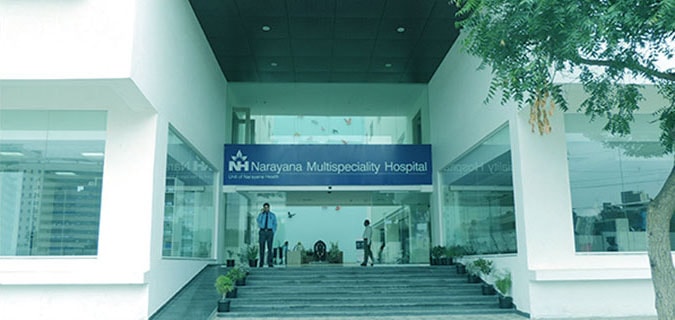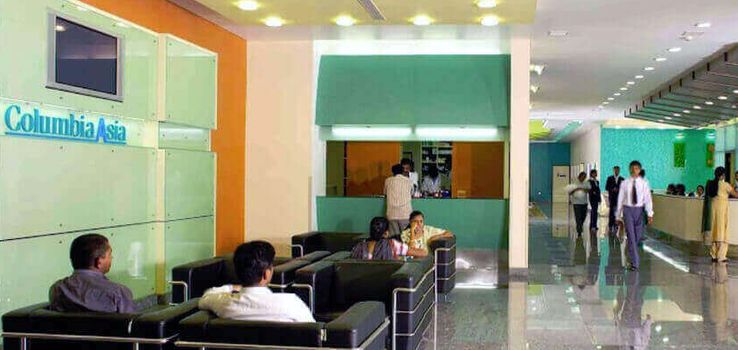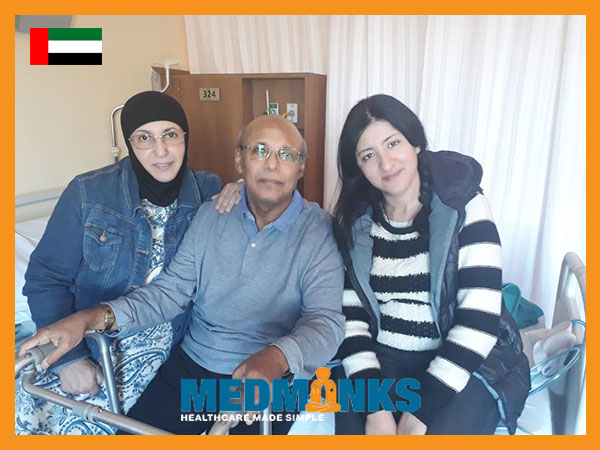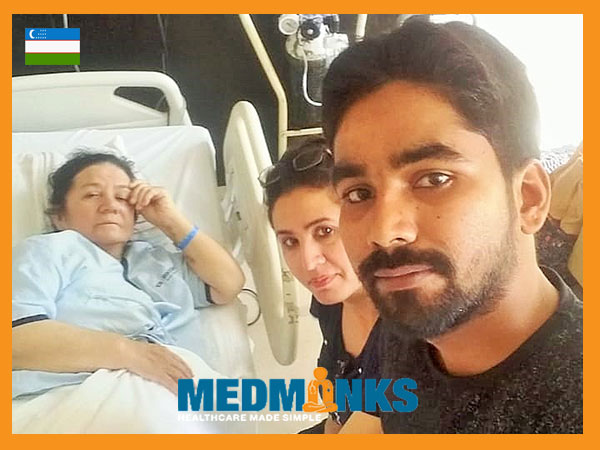Best Kidney Hospitals in Bangalore

Don't know where to start?
- Speak to our in house doctor
- Get a response within 5 minutes
Description
Best Kidney Transplant Hospitals in Bangalore
Organ transplant surgery is a costly procedure, that can significantly increase a patient's survival rate delivering an 85 – 95% percent success rate for 90 percent patients.
Patients can find the best kidney transplant hospitals in Bangalore and receive economical treatment from the best doctors/ surgeons in India. Indian medical center comprises of some of the latest technology and equipment that helps surgeons in delivering an impressive success rate. International patients can come to India with their matching donors and receive treatment at a 5 times lower cost than first world nations.
FAQ
Are there any things that I should carry to the medical center for my first appointment?
Patients should carry the following things during their initial appointments with their surgeon:
Medical reports/ documents describing their condition and symptoms in details (listing When, What, How)
Any recent test reports (<1 year) like CT scans, blood tests etc.
Also, carry a list of all the medicines that you are currently consuming.
Your insurance details, if the medical center is in your healthcare panel.
What are common conditions treated at the best kidney transplant hospitals in Bangalore?
Nephrology is concerned with the study of renal conditions. A nephrologist is in charge of the finding and treating kidney diseases including, kidney infection, kidney stones, dialysis, electrolyte lopsidedness, renal disappointment, renal malignant growth etc. Moreover, Nephrologists additionally treat renal function abnormalities and uncontrolled hypertension caused because of immune system disorders. Nephrologists also perform kidney transplant surgeries.
What techniques are used at top kidney treatment hospitals in Bangalore for treating nephrology conditions?
A nephrologist can use the following methods for treating a patient’s kidney:
Oral medications and IV
Ultrasound Guided Aspirations/ Biopsies
Plasmapheresis/ Hemodialysis/ Peritoneal Dialysis/ CRRT for managing ESKD/ AKI patients.
Depending on the patient’s health and response to the above other treatment may or may not be used, which may include kidney transplant surgery.
Who is a suitable candidate for surgery?
Bangalore Kidney Surgery Hospitals have several standards for determining an ideal candidate.
Note: Different surgical procedures involve different criteria based on which a good candidate is separated from the bad.
Patients suffering from ESKD (end-stage kidney disease), should clear these criteria to undergo transplant surgery:
· Healthy heart-lung functionality
· Otherwise overall good health
· No active infections like TB or hepatitis A, B, C etc.
· Any condition that can limit the patient’s life expectancy
· No smoking, drug or alcohol abuse
· A full understanding of medication
· Willingness to make lifestyle changes and consume medication regularly and receive follow-up care
Will I need surgery for my kidney stones? Is stone surgery performed at the best kidney transplant hospitals in Bangalore?
In most cases, a surgical procedure is not required for stone removal. However, the presence of a relatively big stone and the risk of infection, and severe bleeding or blockage of urine may indicate surgery. Yes, patients can undergo stone removal surgery at any kidney treatment center in Bangalore.
Is there any preventive measure to avoid kidney stone recurrence?
A low salt balanced diet with rich calcium ratio and proper water intake can help in preventing the stone from reappearing.
How badly do the presence of stones damages my kidneys?
If left untreated, kidney stones can lead to serious health complications, including infection and risk of injury that might cause blockage of urine or severe bleeding. However, most kidney stones are very small in size to require surgery and usually pass through naturally.
When does a patient require kidney dialysis?
Kidneys filter the blood while producing urine and absorbing minerals in the body. In end-stage kidney failure, the patient's kidney loses 85 – 90% of its overall functionality, leading to dialysis, which is a machine designed to filter extra water, salt and waste from the body.
All the best kidney transplant hospitals in Bangalore have seperate nephrology departments where kidney dialysis is performed using the latest machines and equipment.
Is it possible to prevent or control kidney failure with proper care?
There are several causes of kidney failure. However, analyzing the cause of the disease can help in reversing it in the initial stage.
What happens during the end stage of the renal disease?
Chronic kidney disease attacks the kidney, slowly reducing its functionality. During the end stage of the disease, the kidney of the patient stops function properly or at all, and is unable to meet the demands of the body.
Are there any benefits of ABO Incompatible transplant? Do Bangalore Kidney Transplant Hospitals perform it?
ABO incompatible transplant is performed when the blood group of recipient and donor does not match. Earlier, when the technology to use it properly was not introduced, organ rejections were extremely common.
Thankfully the researches have helped in developing aggressive immunosuppressive regimes and gain a better understanding of ABO transplant and immunology. This has further helped in reducing the use of deceased donor kidneys and increasing the donor pool for treating end-stage renal disease.
In recent time, the results achieved by ABO-incompatible kidney transplantation are equivalent to a compatible kidney transplant. This transplant technology is available at all the top kidney treatment hospitals in Bangalore.
Are there any instructions that I should follow before and after my operation?
Pre-Surgery Instructions:
· Consult the doctor about all doubts and risk factors.
· Contact the insurance company and the hospital before the operation and submit the required documents beforehand, if using insurance.
· Nil by mouth (NBM) for at least 12 hours pre-procedure
· PAC (Pre-anesthetic checkup)
Post-Surgery Instructions:
Based on the technique being used during the operation, the after-care guidelines might differ.
· No solid food should be consumed for at least 24 hours after undergoing kidney transplant surgery. Slow introduction of soft meals can be started after 2 – 3 days.
· Patients will be connected to an IV in their hand, which will be used to give them analgesics and antibiotics.
Will Kidney transplant hospitals in Bangalore provide me with aftercare? How frequently should I receive it?
Depending on the health status, type of surgery and the disease, the surgeon will assist patient on how frequently they should receive follow-up care.
International patients can stay in touch with their surgeon in Bangalore, using telemedicine services. Usually, patients are suggested to visit their doctor every 6 months.
For more information about the best kidney transplant hospitals in Bangalore, contact Medmonks’ team.

